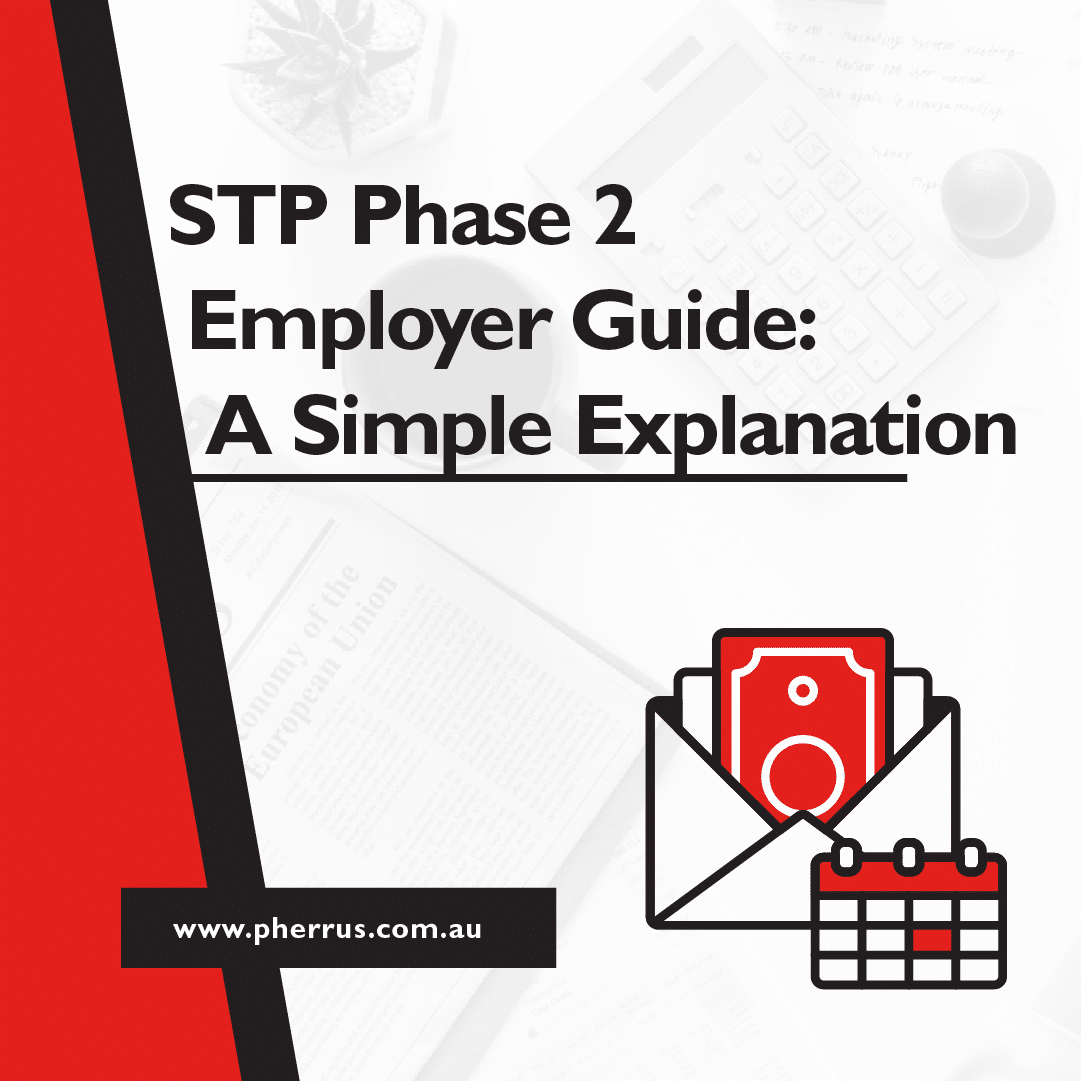The ATO has these common compliance errors on its radar
According to Revenue NSW, eight out of 10 audits conducted last financial year contained payroll tax shortfalls.
This government organisation recently contacted the team here at Pherrus detailing the most common compliance errors identified in their audits. We thought we’d pass this information on to you, so you can ensure you are meeting all of your tax obligations – especially those related to your payroll.
Let’s get started right away. Here are the key areas to watch out for when calculating your payroll tax liability.
Contractors
If you are a business owner that hires contractors, here are a few common errors to keep an eye out for.
The difference between contractors and employees
Many businesses confuse their employees with contractors and vice versa. Determining whether or not your workers are common law employees before applying for contractor exemptions is critical.
Contractor exemptions
Errors relating to contractor exemptions were prevalent in audited tax returns last year. Here are some of the most common mistakes:
- The contractor exemption – 180-day vs 90-day rule: Ensure you or your tax agent knows when to claim the 180-day exemption as an extension of the 90-day exemption rule.
- Ordinarily rendering services to the public: The exemption can only be claimed when the contractor is not offering their services as a part of conducting a legitimate business, OR when the contractor is offering the majority of their services to that business.
- Contractors engaging labour: The exemption can only be claimed when the additional labour engaged is unrelated to the core services of the contract, OR is not engaged by the contractor themselves.
Grouping of employers
Revenue NSW found that in most cases employers do not have a clear understanding of the payroll tax grouping provisions, with many not recognising that they are eligible for a grouping. Even those that do recognise the grouping often misunderstand how the grouping actually impacts their tax returns.
Third-party payments
Did you know that all funds paid for the services of your employees must be included in their taxable wages? It doesn’t matter who paid the wages – they must appear on your business’s tax return.
Superannuation
Your tax return must include any contributions made to superannuation.
Fringe benefits
Your tax return must include the correct amount of fringe benefits according to the Commonwealth Fringe Benefits Tax Assessment Act 1986.
Errors related to apprentices and trainees
Any wages paid to either an apprentice or trainee is liable for payroll tax purposes. Please note, however, that non-profit group apprenticeship and trainee ship schemes are exempt.
Many employers seem to be unaware that NSW offers provisions for employers of apprentices and trainees, allowing them to claim a rebate on wages paid. The apprentices and trainees must be approved and recognised by the NSW Department of Industry if taxpayers are to be eligible for the rebate.
Interstate wages
For New South Wales-based businesses, Australian wages are comprised of NSW wages, plus all payments earned interstate. This is something employers cannot overlook when submitting their tax returns. Just as NSW wages are subject to tax under NSW’s payroll tax legislation, interstate wages are subject to the equivalent legislation in the respective state.
Allowances
Most allowances – excluding car and accommodation allowances – are to be included as taxable wages.




